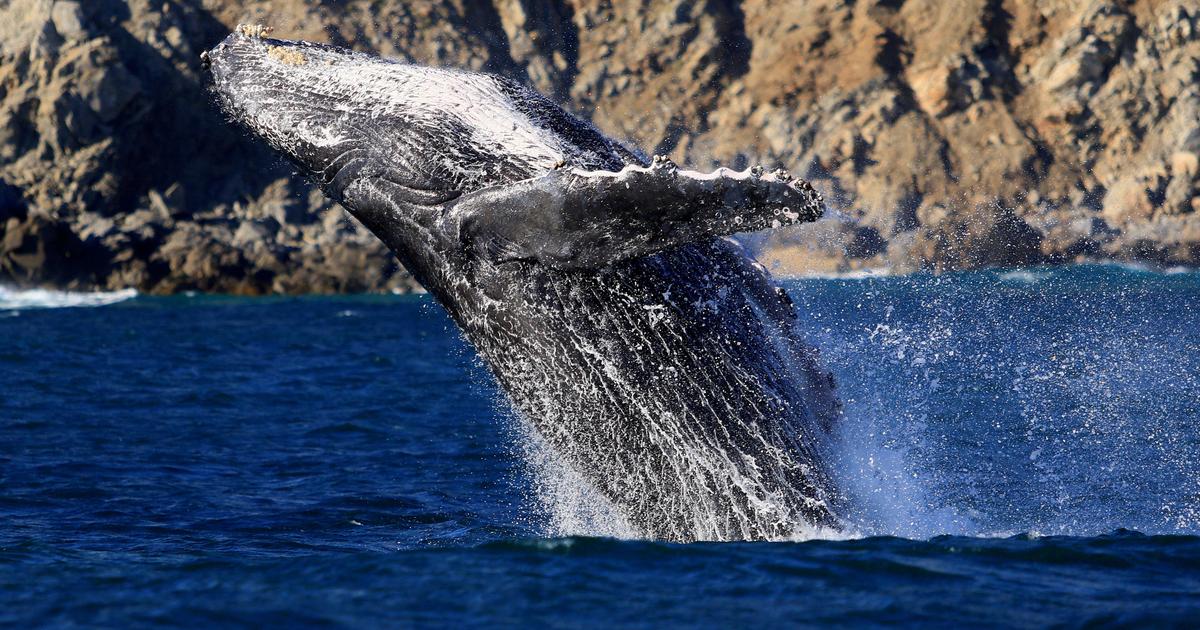The king of New Zealand's Maori - a country that has recognized a river as a living entity - pleaded Thursday for whales to be given legal rights similar to those of human beings, to protect this vulnerable marine species. Kiingi Tuheitia Pootatau te Wherowhero VII called for cetaceans to be given the right to live in a healthy environment, in order to allow a restoration of their numbers.
“The song of our ancestors has weakened and their habitat is threatened, which is why we must act now
,” King Tuheitia said in a statement.
Considered their ancestors
In 2017, New Zealand gave legal personality to Mount Taranaki and the Whanganui River, considered by the Maori to be their ancestors and which hold particular spiritual importance for them. This status has since been invoked to slow down or cancel several development projects and to require those involved to consult local populations. The Maori, an indigenous Polynesian people, represent 17% of New Zealand's population, or around 900,000 people.
King Tuheitia's rare intervention, also signed by Cook Islands tribal chief Travel Tou Ariki, also calls for better consideration of indigenous peoples' knowledge through science, with a view to a
"more holistic approach"
to protection of whales.
“We can no longer turn a blind eye
,” said Travel Grand Chief Tou Ariki.
“Whales play a vital role in the health of our entire ocean ecosystem. Their decline disrupts the delicate balance that supports all life in Te Moana (the sea, Editor’s note)
. ”
“We must act urgently to protect these magnificent creatures before it is too late
,” he insisted. Six of the 13 whale species are classified as
“in danger”
of extinction or vulnerable, according to the environmental NGO WWF.

